Tragically, a 15-year-old Aboriginal boy was recently killed in a car crash in Canberra. The boy was ‘cognitively impaired’ and had escaped from out-of-home care. The teen’s family claims, ‘the system failed him’. How did this happen in Woke City?
His mother said, ‘They should have just left him with me, and he would have been better off.’ The boy had been in a residential care facility run by MacKillop Family Services. He had been in some form of care – either foster or residential – since he was about three years old. The car was stolen, but police have not determined who was driving, although they said he was on bail for offences involving stolen vehicles.
Enter the newly appointed ACT Aboriginal and Torres Strait Islander Children and Young People Commissioner, Vanessa Turnbull-Roberts. Although only 2,500 young Aboriginals are in the ACT, and most are fine, they have their own Commissioner.
What does Australia’s wealthiest and most woke city (which voted 60 per cent in favour of the Voice and has had a Voice to the ACT Parliament for a decade or more) have to offer Aborigines? Turnbull-Roberts suggests, ‘We need to start taking power away from statutory services that are failing our Indigenous people and see it handed back to community-controlled organisations.’
A relative said, ‘I have found right through this [out-of-home care] process, … no one really cared … he was too hard.’ I am sure they cared, but perhaps he was too hard. And can a mother who was unwilling or unable to care for her son (we know nothing of the father) and Aboriginal community-controlled organisations blame others?
Does the Commissioner have any evidence to support her claims? Do the mother and relatives and community-controlled organisations have proof that the boy would have had a better chance in their ‘care’?
The ACT is in the middle of a review into the ‘Overrepresentation of First Nations People in the ACT Criminal Justice System.’ The review is examining community-based sentences, particularly for those with complex needs. No doubt they will blame the system.
These endless reviews have their conclusions written before they start. Just as with Turnbull-Roberts, they recommend Aboriginal control and homage to Aboriginal culture, and they always leave out people’s behaviour.
Professor John Carroll, the eminent sociologist of La Trobe University, recently commented on falling attendance rates at school, particularly prevalent among Aboriginal students.
He reminded readers that the rise of modern society was predicated on the transformation of the typical person of the European Middle Ages who was ‘violent, immoderate, perceiving the world in childlike extremes, the mind inhabited by a phantasmagoria of devils and angels, ghosts and holy relics – into the self-controlled, disciplined and inward individual who had come to occupy a central position in later centuries.’
According to Carroll, our forebears, Aboriginal and non-Aboriginal, had ‘weak powers of concentration and consistency, a low opinion of their ability to control their environment and resort to superstition to explain events and protect them from misfortune.’ These attributes and this culture are unsuited to living in the modern world.
For generations, modern societies have depended on schools for civilising processes. In the case of Aborigines, much of the work was undertaken by Christian missionaries. Unfortunately, such people are rarely welcomed by policymakers and woke bureaucrats.
The task of socialising each generation falls mainly on parents and schools. Ideally, social groups such as sports clubs, dance groups, churches, and other associations support them. Damaged parents mean institutions have to pick up the pieces. The Commissioner should know this.
Carroll again. ‘Socialising means gaining self-control and building psychic resources to control wild passions led by anger, greed, lust, envy, and covetousness. Those passions extinguish the faculty for concentration on a set task when unchecked.’
Generations of Aborigines are reaching adulthood with lower capacities for self-discipline. Few in the Aboriginal community can mentor. Those who are capable are overwhelmed. They are as likely to want to escape as stay and help, and who could blame them?
The Commissioner must start with these insights if she is to help people cope in the modern world. No amount of Aboriginal control or identity pretence will save Aboriginal youths. The answer lies in instilling the habits of discipline. Nothing will change unless mature people create a climate where self-control and discipline are discussed and implemented—even in wealthy and woke Canberra.
Gary Johns is chair of Close the Gap Research










